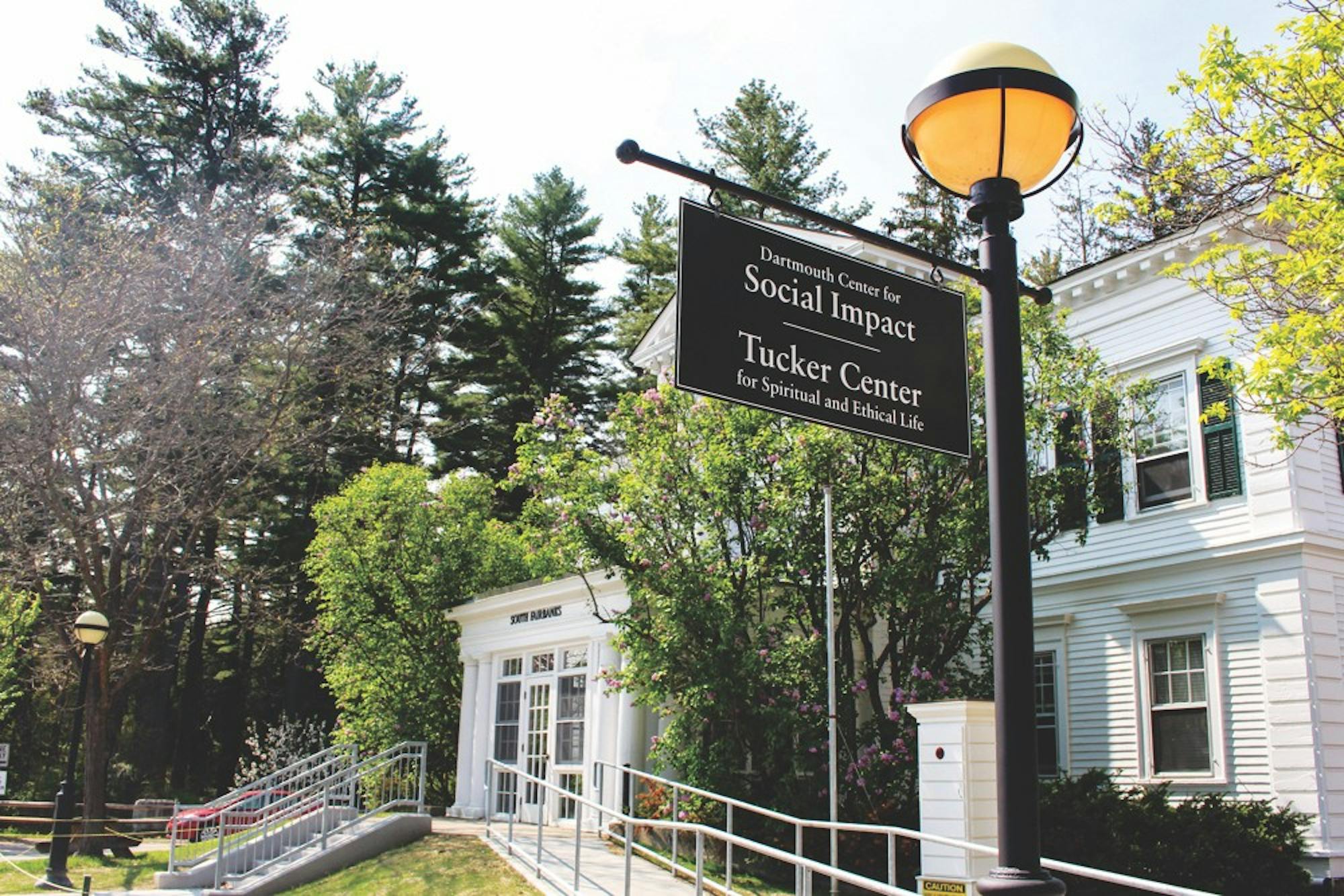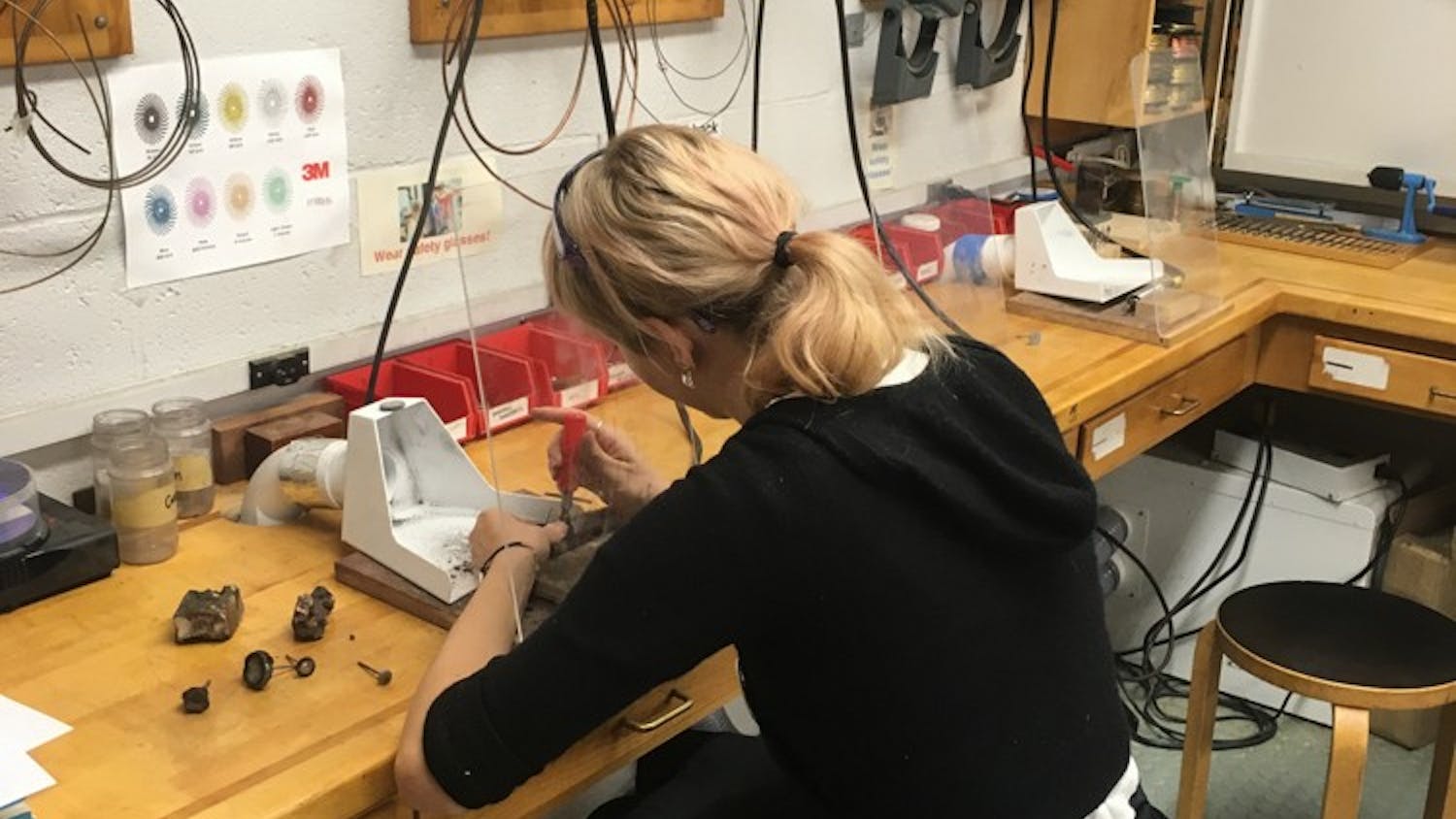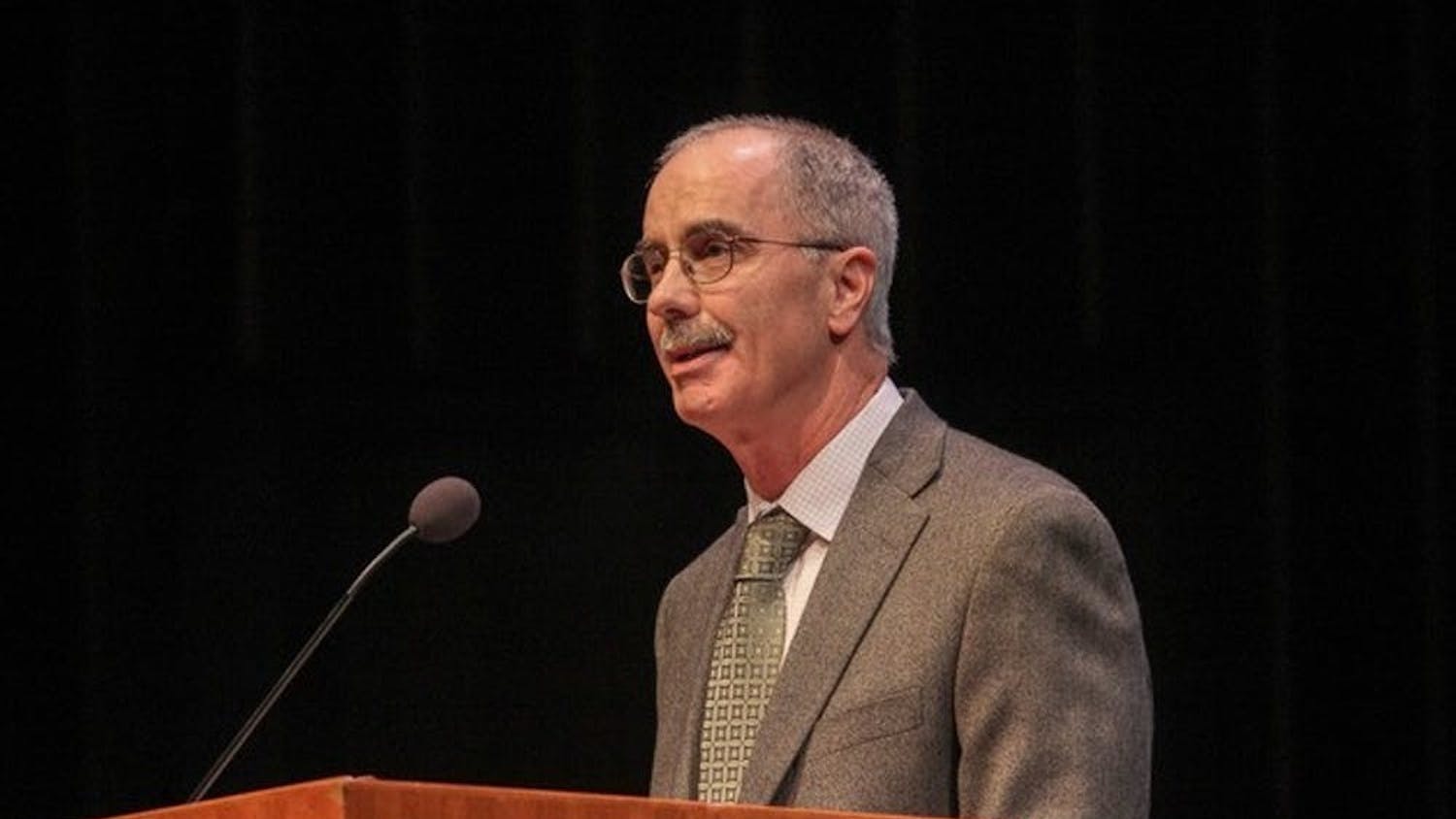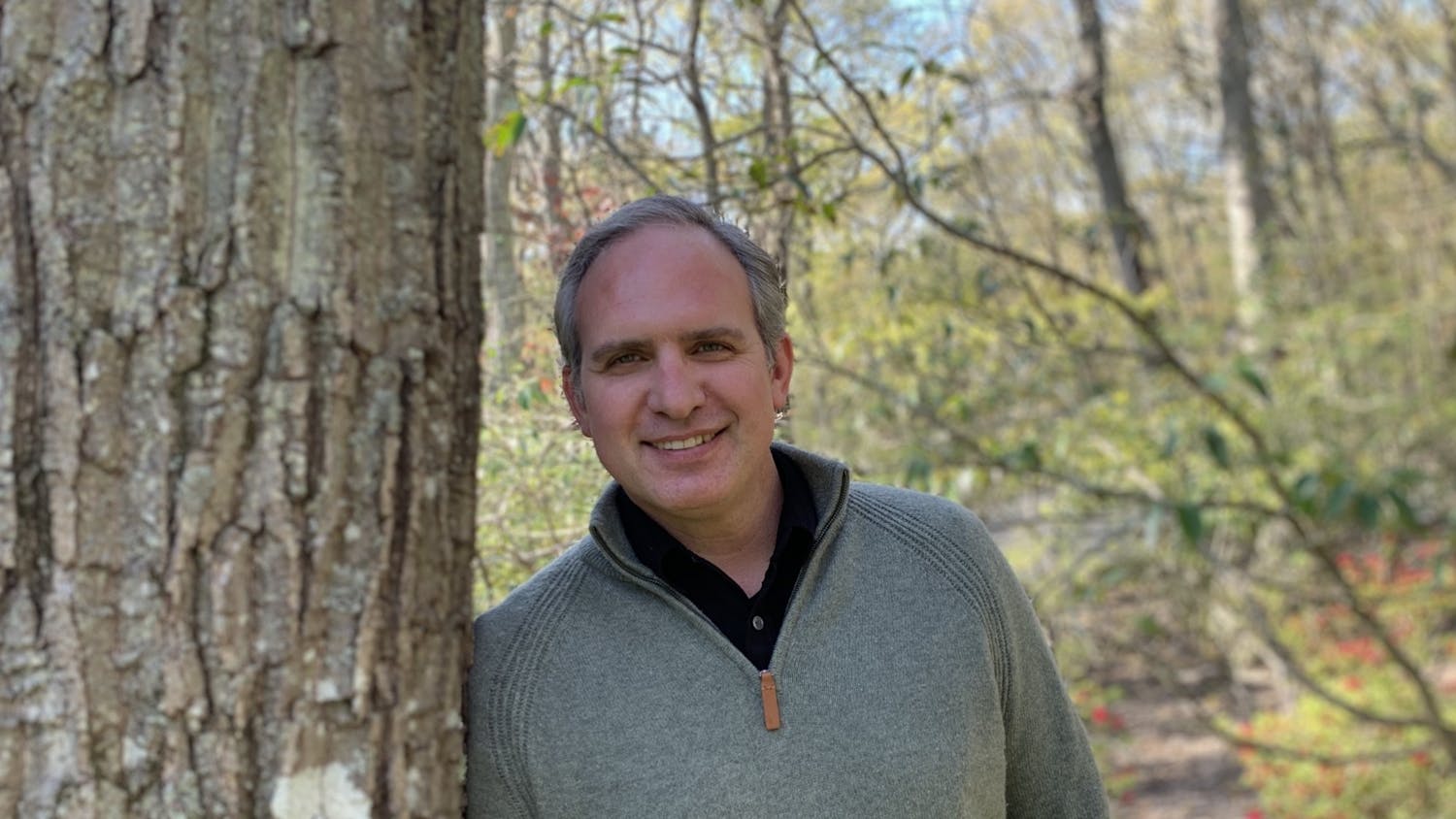In a virtual event on Tuesday, Robert Reich ’68 spoke to students about his career and his journey from Dartmouth to the White House. During the talk, Reich discussed the importance of accepting uncertainty in career plans and pursuing jobs that positively impact the larger community.
The conversation, part of the Dartmouth Center for Social Impact’s “Breaking the Mold: A Conference on Careers for the Common Good” series, co-sponsored by the Center for Professional Development and the Rockefeller Center for Public Policy, was held on Zoom and saw roughly 80 attendees over the course of the hour.
Reich served as the former Secretary of Labor under President Bill Clinton and co-founded Inequality Media, a nonprofit organization aimed at educating the public about how to mediate economic and political imbalances. Reich is currently a professor of public policy at the University of California, Berkeley. He has directed several Netflix documentaries and published 18 books on topics including inequality and the modern economy.
During the event, Reich drew parallels between the “deep divisions in society” present when he attended Dartmouth in the late 1960s and divisions today, noting that he felt discouraged during and after his undergraduate years.
“Anybody who is an undergraduate now, or is graduating or is [a] recent graduate from Dartmouth — if you feel disillusioned at our political or economic system as it is now, I felt as much disillusioned, if not more,” Reich said.
However, he also stressed the importance of young people recognizing their ability to speak out and create change during “troubling” times.
“You are inheriting this country,” Reich said, specifically addressing students and recent graduates. “You are inheriting a mess. You are inheriting a world that desperately needs your energy. You are going to have great, great opportunities to make things much better.”
DCSI assistant director for social sector leadership Leah Torrey said that she hoped the event “[gave] students a sense for the broad landscape of social impact careers.” She added that she hopes students can learn from the “decades of experience” she said Reich has in being a “changemaker for the common good.”
When asked to share one of the most fulfilling moments from his career, Reich spoke about helping to raise the minimum wage as Secretary of Labor in 1996.
“I remember the feeling when we had the vote and knowing that about 25 to 30 million people were getting a raise because of this,” Reich said. “I remember walking back from Capitol Hill’s labor department and feeling just that sense that you very rarely get, if ever, in public life that you’re doing something that makes a very profound, specific, palpable difference to large numbers of people.”
Sachin Shiva ’22, who asked two questions during the webinar, said that he “really appreciated” Reich’s effort to connect with students during the event.
“Overall, the event was great,” Shiva said. “Reich is a really down-to-earth speaker. He answers questions directly and concisely, which I appreciate.”
Sydney Kamen ’19 emphasized that she appreciated Reich’s remarks on the importance of remaining humble, courageous and hopeful.
“I’m a huge fan of Professor Reich,” Kamen said in an interview following the event. “His candor, honesty and decency are what really shines through. It’s often that we’ll hear something inspiring about ‘the young generation this, the young generation that,’ but from him it really carries a very special weight.”
Reich also discussed the fear of failure and the traditional route that many Dartmouth students follow.
“Anybody who is at Dartmouth or who has graduated from Dartmouth has been very good at jumping over hoops and fulfilling other peoples’ expectations,” Reich said. “One of the hardest things to do is to shift ground when you’re out in the real world and create your own hoops, your own expectations.”
Throughout the webinar, Reich urged young people to pursue a future that makes a positive impact on society as a whole.
“You can choose finance and you can choose consulting, but if you don’t take the opportunity to get engaged, to get involved, to fix what you can fix, to make a slight pathway towards public service or not-for-profit service, you’re missing the action,” Reich said.





